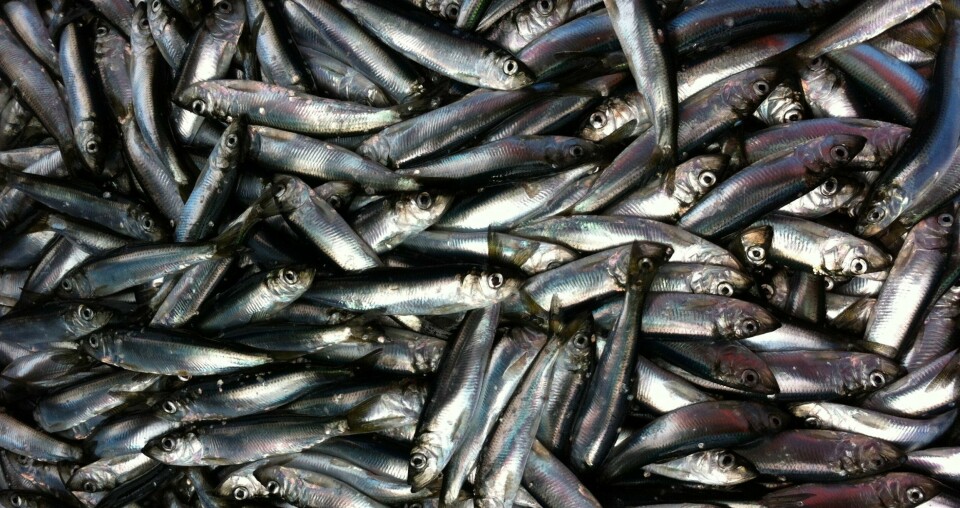
Eating fish may prevent Parkinson’s disease
Researchers from Chalmers University of Technology, Sweden, have found that fish consumption may help prevent the formation of certain protein structures closely associated with Parkinson's disease.

The scientists explain that parvalbumin, a protein found in great quantities in several different fish species, can contribute to long-term neurological health.
The team conducting the study says that one of the hallmarks of Parkinson’s disease is amyloid formation of a particular human protein, called alpha-synuclein, sometimes called the “Parkinson's protein”.
Parvalbumin effectively ‘scavenges’ the alpha-synuclein proteins, using them for its own purposes, thus preventing them from forming their own potentially harmful amyloids.
“Parvalbumin collects up the 'Parkinson's protein' and actually prevents it from aggregating, simply by aggregating itself first," explains Professor Pernilla Wittung-Stafshede, head of the chemical biology division at Chalmers, and lead author on the study.
With the parvalbumin protein highly abundant in certain fish species, increasing the amount of fish in our diet might be a simple way to fight off Parkinson's disease.
Common in many species
Herring, cod, carp, and redfish, including sockeye salmon and red snapper, have particularly high levels of parvalbumin, but it is common in many other fish species too. The levels of parvalbumin can also vary greatly throughout the year.
"Fish is normally a lot more nutritious at the end of the summer, because of increased metabolic activity. Levels of parvalbumin are much higher in fish after they have had a lot of sun, so it could be worthwhile increasing consumption during autumn," says Nathalie Scheers, assistant professor in the Department of Biology and Biological Engineering, and researcher on the study. It was Scheers who first had the inspiration to investigate parvalbumin more closely, after a previous study she did looking at biomarkers for fish consumption.
Other neurodegenerative diseases, including Alzheimer's, motor neurone disease and Huntington's disease, are also caused by certain amyloid structures interfering in the brain.
Follow-up study
The team is keen to research this topic further, to see if the discovery relating to Parkinson's disease could have implications for other neurodegenerative disorders as well. A follow-up study looking at parvalbumin and its transport in human tissues will start in the autumn.
“These diseases come with age, and people are living longer and longer. There's going to be an explosion of these diseases in the future - and the scary part is that we currently have no cures. So we need to follow up on anything that looks promising,” Wittung-Stafshede stresses.
The link between higher consumption of fish and better long-term health for the brain has been long established. There is correlation between certain diets and decreased rates of Parkinson’s disease, as well as other neurodegenerative conditions.
Nevertheless, the researchers are careful to note that no definite links can be established at this point.
A longer version of this article can be found on the university’s website, here.






















































